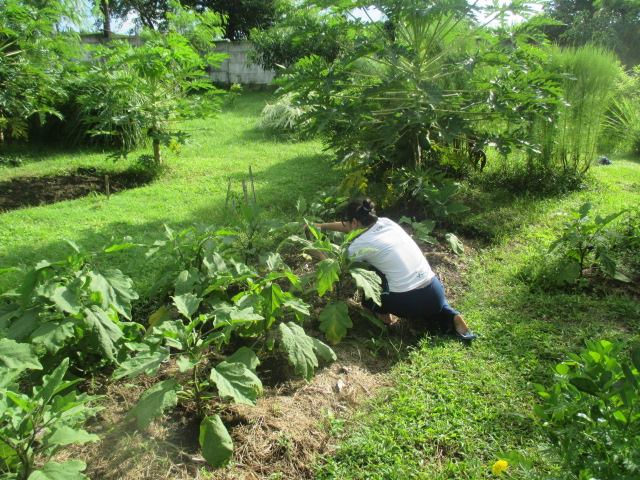"...permaculture is about re-enchanting the city and bringing the social and ecological together." - Haluza-DeLay and Berezan
Ecology for the Masses: Permaculture as Feral Ecology
Permaculture and the Scientific Community in the Age of Society 2.0
"The positivistic and optimistic nature of the permaculture method inspires bottom-up activity since it makes environmental change tangible and ecological viewpoint comprehensible." - Morris
In spite of its popularity, permaculture as a discipline, has yet to gain significant attention in the scientific community (Haluza-DeLay and Berezan, 2010; Ferguson and Lovell, 2013).
"Despite these parallels, permaculture has received very little discussion in the agroecological literature." - Ferguson and Lovell
But most research in ecology are based on what Morris calls "feral feedback"--feedback provided by individuals working with and within alternative farming systems such as permaculture.
Morris, in his paper, "When Science Goes Feral," describes the state of the discipline of ecology, particularly landscape architecture, in the context of today's society. Environmental issues directly or indirectly affecting daily life as portrayed in the media, such as rainforest destruction and CFCs, have heightened society's awareness toward their surroundings. Bringing ecology, economics, and community together (Miloslav L, 2012) is what fuels this new movement in the mainstream. Haluza-DeLay and Berezan states, "If the modern world is one of disenchantment (Gibson, 2014), in some senses permaculture is about re-enchanting the city and bringing the social and ecological together."
Permaculture was described by Morris as "feral ecology" or ecology that is being discussed beyong the scientific bounds of the academe in the age of Society 2.0 (the age of the integration of social-networking and interactive digital platforms).
Thank you for reading my 5-week blog series on The Rise of Alternative Farming Systems.
This semester, I will be doing my master's thesis on permaculture. Please give your support by sharing this blog to your friends. Thank you again!
References:
Ferguson RS and Lovell, ST (2013). Permaculture for agroecology:
design, movement, practices and worldview - A Review. Agronomy for
Sustainable Development, INRA and Springer-Verlag France 2013.
Haluza-DeLay R and Berezan, R (201). Permaculture in the city:
Ecological habits and the distributed ecovillage. Localizing
Environmental Anthropology : Bioregionalism, Permaculturem and
Ecovillage Design for a Sustainable Future. Berghan Books.
Miloslave L, J Vavra, Z. Sokolickova (2012). Cultural Ecology: Contemporary Understanding of the Relationship between Humans and the Environment. Journal of Landcape Ecology.













